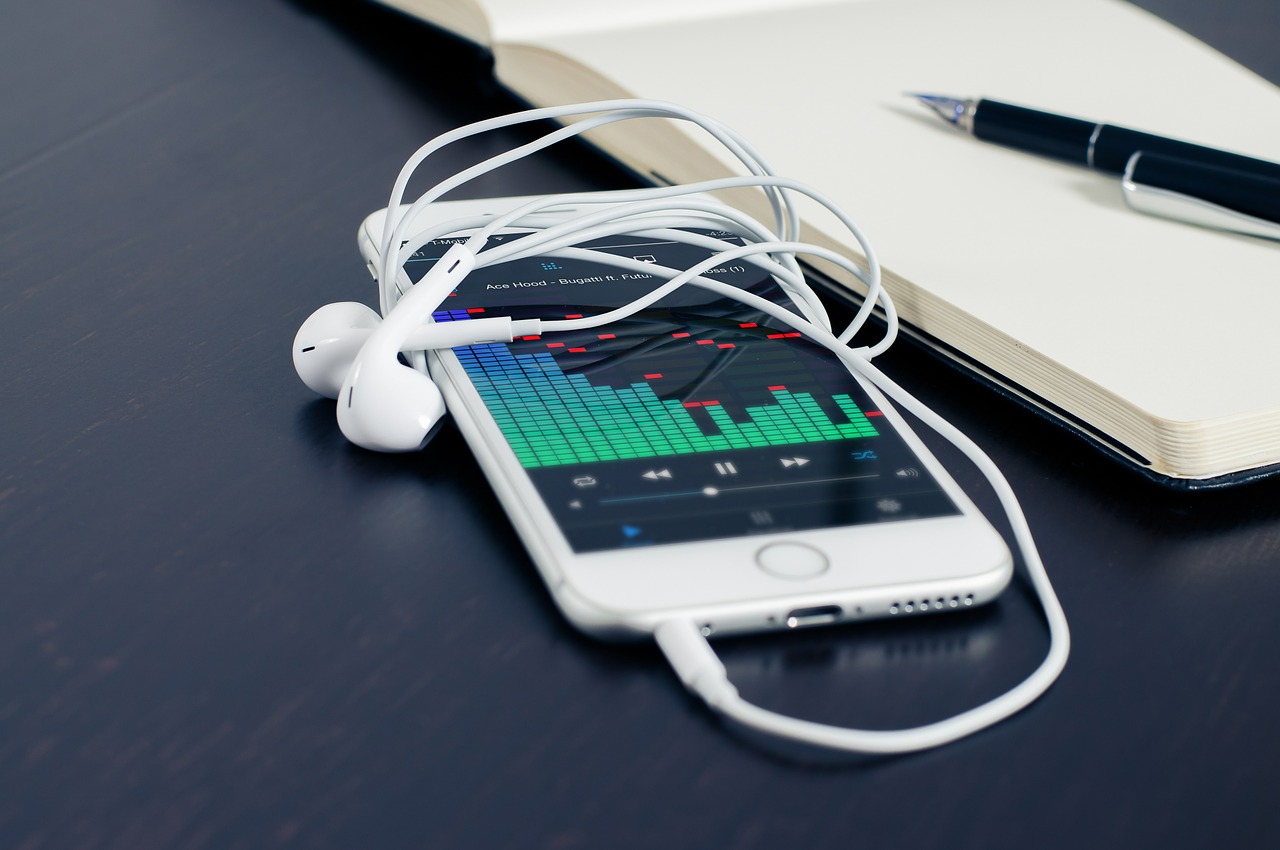[dropcap]T[/dropcap]hese days, it is very easy to spy on you especially if you use a phone as sophisticated as an iPhone. This is why many are much more concerned about their privacy. This said, do you know that there are ways your iPhone is tracking you? Your iPhone tracks you more than you think even if it is without your permission. The good news is that it is harmless. Jumia Travel, the leading online travel agency, shares some things your iPhone is probably tracking, whether you know about it or not.
Your location
Your iPhone is likely tracking your location. In some cases and by default, the device saves a list of frequently visited locations to improve its Maps service. To check in on your frequent locations, open up the Settings app and select Privacy. Then, tap Location Services and scroll down to find System Services. From that menu, find Frequent Locations. To stop this, never forget to turn off your location.
Your phone usage habits
Siri does her best to understand users’ routines to better assist their day-to-day life. However, your iPhone performs similar duties in other ways, too. For instance, if you tend to use one app to listen to music above all others, your phone may well have noticed. When you plug in your headphones, you’ll see that app appear in the lower-left corner of the screen. Swipe up over the icon, and it’ll open automatically.
Apps that drain your battery
It can be very annoying when your iPhone battery drains quickly, and you don’t know the cause. Your device is actually tracking which apps are the most taxing, but you might not know where to find this information. Open the Settings app and tap Battery. Scroll down and you’ll find Battery Usage data, which you can view for the last 24 hours or the last seven days. This is a great way to figure out which apps to avoid when the battery does not run out quickly.
Your step count
Most of the records in the iPhone’s Health apps which require some kind of input from the user, but not so with its pedometer functionality. The app tracks your step count since you got your phone. Obviously, it’s much more accurate if you keep your device in your pocket, but even if it’s typically in your bag, you’ll be able to gauge when you were more and less active.







